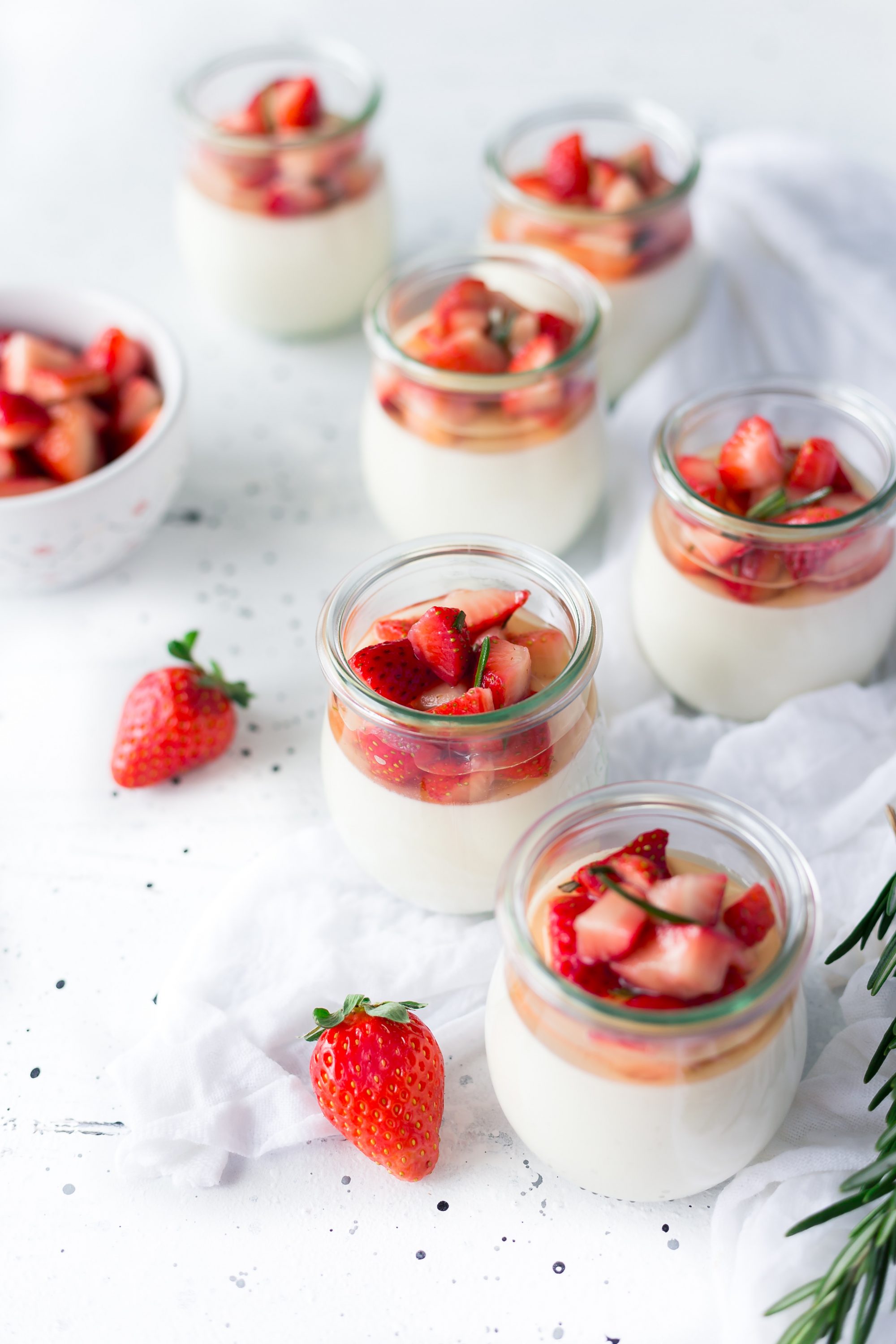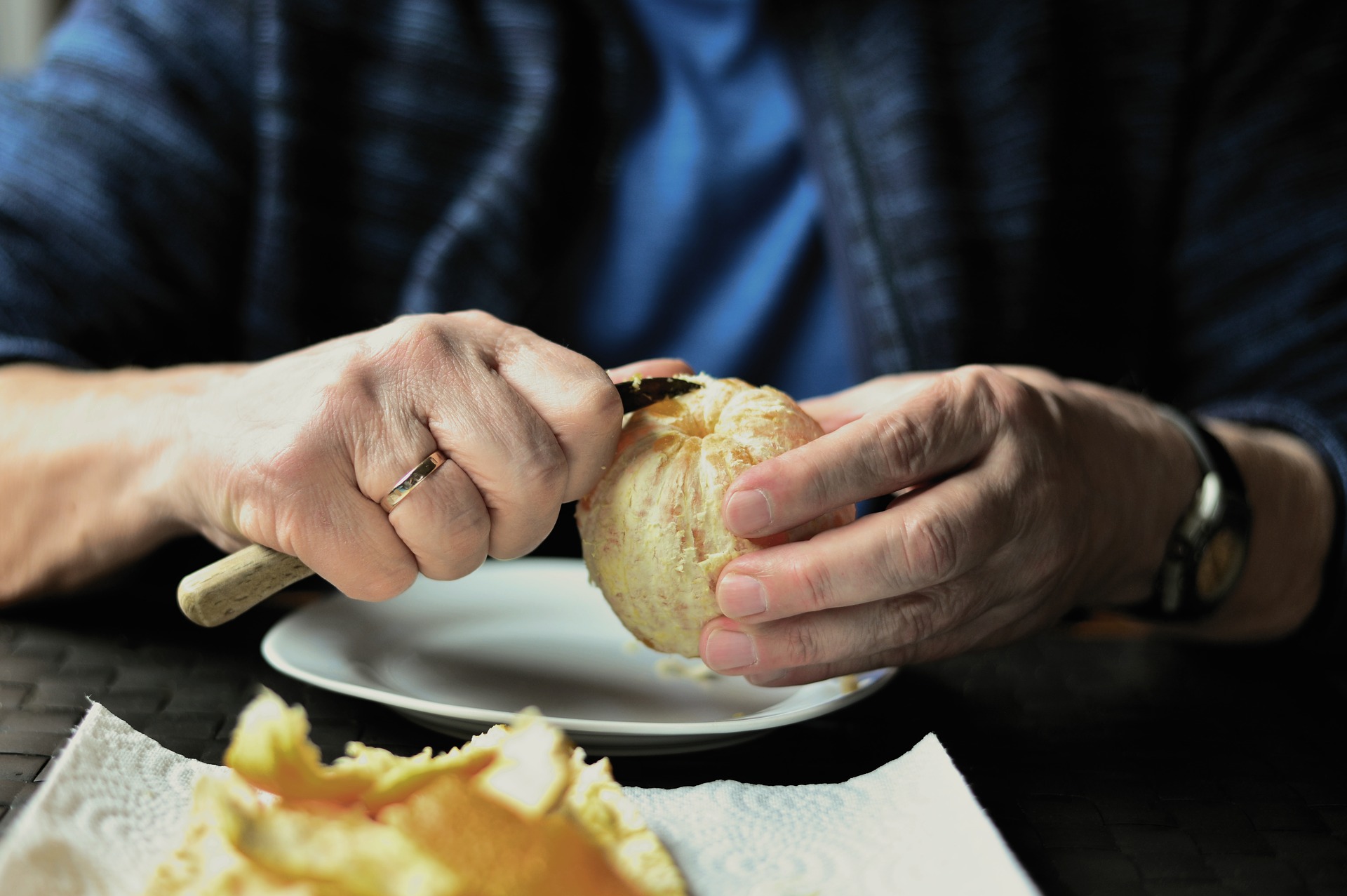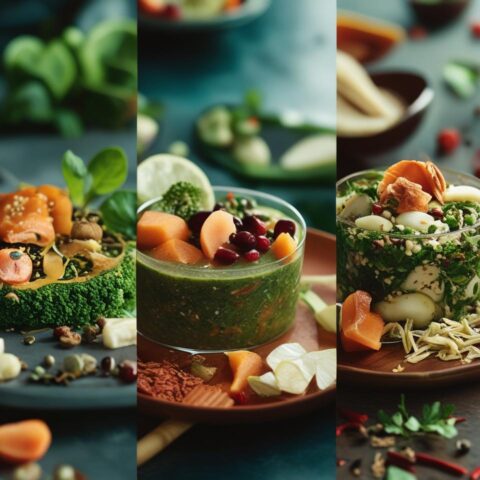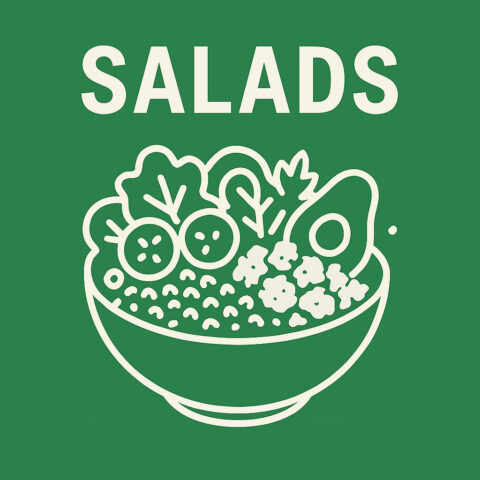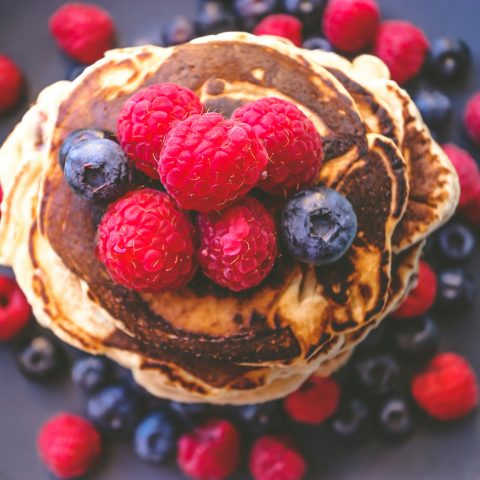Just about the many mainstream delicious foods we enjoy daily might provide so much ecstasy to our taste buds that the moment we consume them, we just lose ourselves in that glorious savoring.
Now, something happens sometime after, something not pleasing at all and quite uncomfortable for most of us…you start to feel bloated. How could this be? Is that succulent food just having its revenge on you for eating it? It tasted so good, yet, now feels so bad? Is this a curse the food god sets upon anyone who dares taste his greatest delicacies?
We don’t know yet. But what we do know is that it doesn’t have to be that way. There are many foods you can try out if bloating is something you’d rather avoid. And don’t worry, the taste is still the same. Gloat on these foods and forget about the bloat.
Ladle of Contents
What are the best foods to avoid bloating?
[su_table responsive=”yes” alternate=”no”]
BB12 Probiotic Yogurt |
| This recommendation came from Ashley Koff from The Better Nutrition Program, you can find out more about Ashley Koff here, or read more about their recommendation of BB12 Probiotic Yogurt below. |
 |
| BB12 probiotic which you can get in Califia Farms dairy-free probiotic yogurt …this particular strain of probiotic has excellent clinical research for helping to maintain digestive health. Bifidobacteria help my patients address bloating better than most lactobacilli alone. Dairy is often a trigger for bloating, even when lactose-free, because it provides carbohydrates to the unsweetened plain dairy-free yogurt is a better bloating prevention option. |
[/su_table]
[su_table responsive=”yes” alternate=”no”]
Apple Cider Vinegar |
| This recommendation came from Lisa Richards from The Candida Diet, you can find out more about Lisa Richards here, or read more about their recommendation of Apple Cider Vinegar below. |
 |
| Apple cider vinegar is packed full of digestive enzymes that can speed up your digestion and reduce bloating. It is also a natural fermented food that contains probiotic bacteria, and is very easy to digest. You can add some apple cider vinegar to your diet by using it in your salad dressings. A blend of apple cider vinegar, garlic, lemon juice, and olive oil is delicious. Alternatively, just mix a tablespoon into a glass of warm water and drink it! |
[/su_table]
[su_table responsive=”yes” alternate=”no”]
Kiwifruit extract |
| This recommendation came from Andrew Neff from Mind & Brain Illustrated, you can find out more about Andrew Neff here, or read more about their recommendation of Kiwifruit extract below. |
 |
| Preliminary results suggest that kiwifruit might be able to reduce constipation and bloating by getting things moving, and promoting bowel movements. While larger studies are needed, preliminary randomized placebo-controlled trials suggest it may be effective. |
[/su_table]
[su_table responsive=”yes” alternate=”no”]
Rocket Leaves |
| This recommendation came from Sarah Spann from Sarah Spann Nutritionist, you can find out more about Sarah Spann here, or read more about their recommendation of Rocket Leaves below. |
 |
| This is because bitter foods stimulate the salivary glands, which prepares the stomach for the food it’s about to receive and triggers stomach acid production. Stomach acid is needed in the right amount for the body to be able to break down the food that hits the stomach. Stomach acid also triggers the release of bile from the gallbladder once the food moves from the stomach into the small intestine. Bile is essential to complete the digestive process and ensure that protein, carbohydrates and fat are correctly absorbed. If there is insufficient stomach acid and/or bile, food does not get broken down and moved through the digestive system properly. It ferments in the gut instead, and this is a very common cause of bloating. |
[/su_table]
[su_table responsive=”yes” alternate=”no”]
Salmon |
| This recommendation came from Sophie Bibbs from Sophie Bibbs – IBS + Low FODMAP Health Coach, you can find out more about Sophie Bibbs here, or read more about their recommendation of Salmon below. |
 |
| Salmon is an excellent source of Omega 3s. Omega 3s reduce inflammation and increase healthy gut bacteria, which can help to reduce the likelihood of bloating. |
[/su_table]
[su_table responsive=”yes” alternate=”no”]
Lemon |
| This recommendation came from Sophie Bibbs from Sophie Bibbs – IBS + Low FODMAP Health Coach, you can find out more about Sophie Bibbs here, or read more about their recommendation of Lemon below. |
 |
| Lemon is high in Vitamin C, which is an antioxidant that suppresses inflammation and is antimicrobial to support a healthy bacterial balance in your microbiome. Lemons are naturally detoxifying and help stimulate bile production which helps you digest your food. To get the most benefits from lemon, I’d recommend putting 1/4 lemon into a mug of warm water and drinking it as soon as you wake up in the morning. This will kick start your digestion and help to avoid bloating throughout the day. |
[/su_table]
[su_table responsive=”yes” alternate=”no”]
Ginger |
| This recommendation came from Sophie Bibbs from Sophie Bibbs – IBS + Low FODMAP Health Coach, you can find out more about Sophie Bibbs here, or read more about their recommendation of Ginger below. |
 |
| This an age-old remedy for digestive issues, including bloating. It can help relieve most symptoms associated with IBS, including stomach cramps, gas, bloating, constipation, and diarrhoea. Try ginger tea or grating fresh ginger into sauces and curries. |
[/su_table]
[su_table responsive=”yes” alternate=”no”]
Peppermint |
| This recommendation came from Sophie Bibbs from Sophie Bibbs – IBS + Low FODMAP Health Coach, you can find out more about Sophie Bibbs here, or read more about their recommendation of Peppermint below. |
 |
| Peppermint has antispasmodic properties, which make it ideal for relieving irritable bowel syndrome (IBS) and other bloating. The cooling menthol in peppermint relaxes the intestinal tract, reducing the pain, gas, and constipation associated with IBS. It can actually be just as effective as prescription antispasmodics. Try making a fresh mint tea or adding fresh mint leaves to salads or smoothies. |
[/su_table]
[su_table responsive=”yes” alternate=”no”]
Bananas |
| This recommendation came from Nathan Ripley from Maid Just Right, you can find out more about Nathan Ripley here, or read more about their recommendation of Bananas below. |
 |
| Potassium, the main component of banana, helps in preventing water retention in body by balancing sodium lever, thereby reducing salt induced bloating. |
[/su_table]
[su_table responsive=”yes” alternate=”no”]
Yogurt |
| This recommendation came from Nathan Ripley from Maid Just Right, you can find out more about Nathan Ripley here, or read more about their recommendation of Yogurt below. |
 |
| Yogurt is packed with beneficial bacteria which is good for overall health of stomach. The potassium content of yogurt helps ease bloating by ridding stomach of excess sodium. |
[/su_table]
[su_table responsive=”yes” alternate=”no”]
Cucumber |
| This recommendation came from Nathan Ripley from Maid Just Right, you can find out more about Nathan Ripley here, or read more about their recommendation of Cucumber below. |
 |
| Cucumber is commonly used to reduce puffiness under the eyes and it can be benefited from in case of stomach bloating. Cucumber is rich in silica, Vitamin C and Caffeic acid which is present in the skin of cucumber. All these elements help in reducing swelling and prevent water retention in the body. |
[/su_table]
[su_table responsive=”yes” alternate=”no”]
Asparagus |
| This recommendation came from Nathan Ripley from Maid Just Right, you can find out more about Nathan Ripley here, or read more about their recommendation of Asparagus below. |
 |
| Asparagus, lean green veggie is a superfood, rich in prebiotics which help growth of good bacteria in stomach to facilitate digestion. The prebiotic contents of asparagus help in maintain a good balance in stomach by helping in better absorption of food and hence, reduce bloating and gas. |
[/su_table]
[su_table responsive=”yes” alternate=”no”]
Herbal tea |
| This recommendation came from Nathan Ripley from Maid Just Right, you can find out more about Nathan Ripley here, or read more about their recommendation of Herbal tea below. |
 |
| Herbal tea such as chamomile, peppermint or green tea are known to increase metabolism and ease process of digestion. They also help to debloat stomach and relieve gas due to their relaxant and antispasmodic properties. |
[/su_table]
[su_table responsive=”yes” alternate=”no”]
Celery |
| This recommendation came from Nathan Ripley from Maid Just Right, you can find out more about Nathan Ripley here, or read more about their recommendation of Celery below. |
 |
| Celery is long known for its nutrition profile and its diuretic properties. It helps soothe stomach, increase metabolism, flush out extra toxins and water from the body. |
[/su_table]
[su_box title=”Who contributed to this article?” style=”noise” box_color=”#d26a3a” title_color=”#000000″ radius=”0″]
Ashley Koff from The Better Nutrition Program
Lisa Richards from The Candida Diet
Andrew Neff from Mind & Brain Illustrated
Sarah Spann from Sarah Spann Nutritionist
Sophie Bibbs from Sophie Bibbs – IBS + Low FODMAP Health Coach
Nathan Ripley from Maid Just Right
[/su_box]

